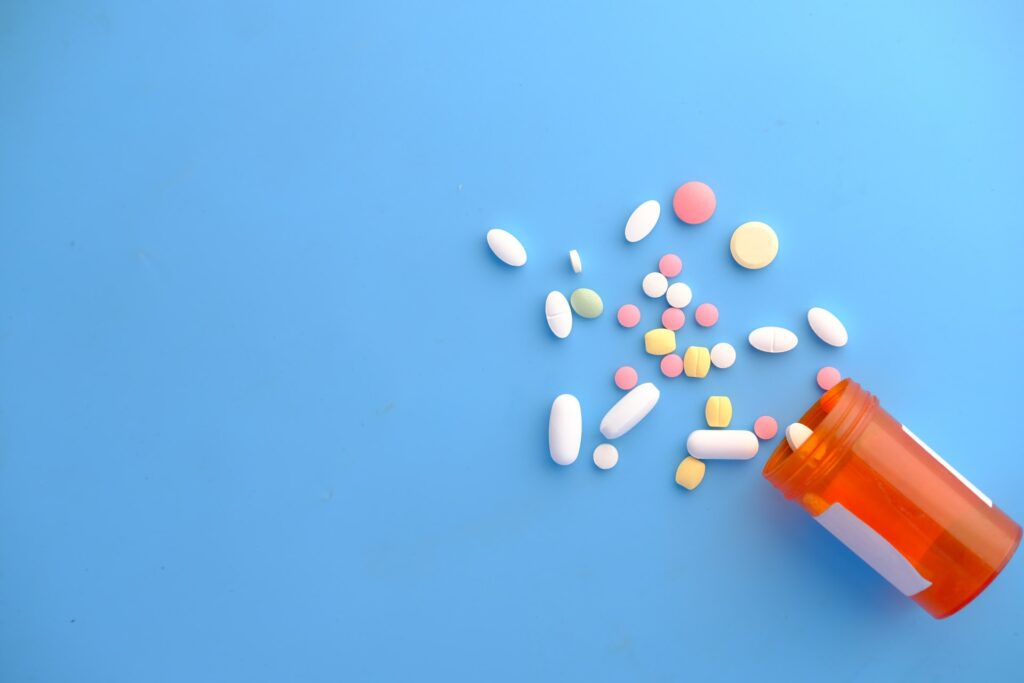- Home
- Addiction Detox
- Heroin Detox & Withdrawal
- Heroin Withdrawal Symptoms
Heroin Withdrawal Symptoms
Heroin is an opioid substance which is well-known to be one of the most addictive substances in the world.
The reason it is known to be so addictive, is not only the chemical effects it has on the brain but also because the withdrawal symptoms can be severe.
Due to the above, it’s important to be aware of the signs of heroin use – and what addiction can look like.
Heroin: What It Is And What Does It Do?

Heroin is an addictive substance made from the opium poppy.
There are many medications that are made legally from the opium poppy, such as morphine or codeine.
Heroin is quite different from the above two.
This is because although it comes from the opium poppy, it is heavily altered and much more powerful.
Morphine has to be changed chemically in order to turn into heroin, and once it has been changed in this way it has an immediate effect upon entering the body.
What Happens If You Use Heroin?
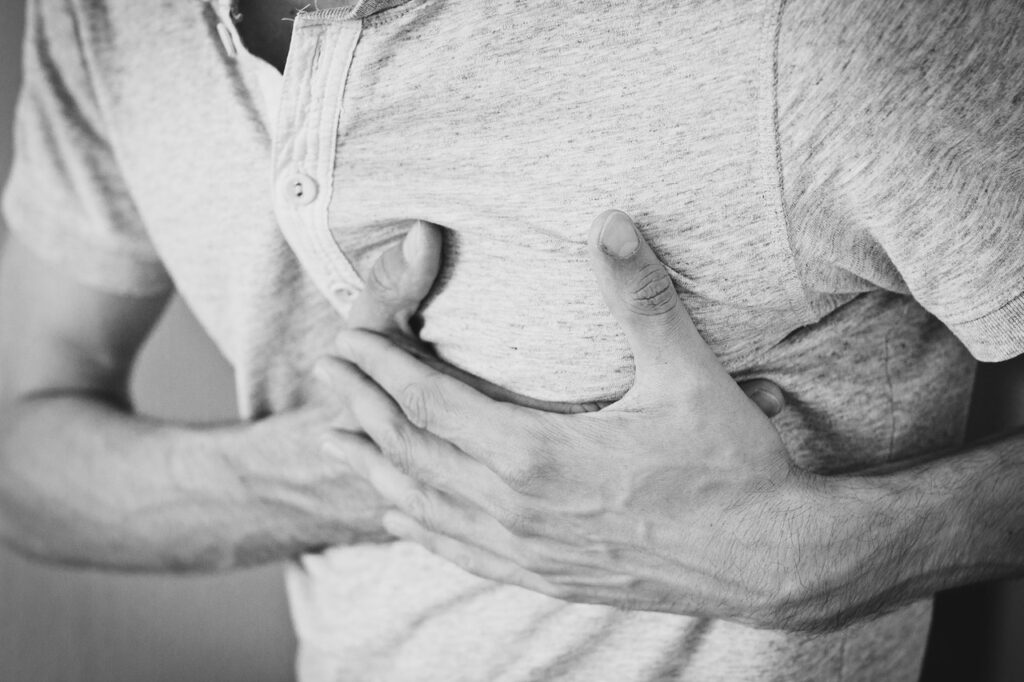
When heroin is used, it impacts both the brain and various other important organs within the body.
Some of the initial effects of using heroin include:
- Slow breathing
- Creating a feeling of calmness
- Making heartbeats irregular
- Decrease in blood pressure
- Creating a feeling of euphoria
Once it has been taken, someone may fall in and out of consciousness after the “high” has worn off as well.
Over time, there are various long-term and short-term effects that someone may suffer with as a result of heroin use.
However, due to its extremely powerful high, it is considered to be a highly addictive substance.
Is Heroin Addictive Or Dangerous?

Heroin is also believed to be one of the most addictive substances to mankind.
This is because addiction can happen within just two to three weeks of using the substance.
In addition to the above, although you can go through withdrawal with repeated use, heroin doesn’t have a “come down” or “hangover” period.
This makes the substance more attractive than others such as alcohol, which can have uncomfortable after-effects.
In addition to being addictive, heroin is also highly dangerous.
Firstly, it is classified as an illegal substance, so use can result in police action and legal consequences.
Next, it is very dangerous given that it is very easy to overdose with this substance.
Heroin can come in various different strengths -as well as being cut with other substances- and so it is difficult to determine what a safe amount is.
As heroin is immediately absorbed into the body after being taken, an overdose can happen very quickly.
In 2020, 1,337 people died from an overdose of either heroin or morphine.
Therefore, it’s better to steer clear of this substance.
What Happens During Heroin Withdrawal

If you have decided to stop taking heroin or wish to help someone who has been using it, you should aim to understand the heroin withdrawal process.
Just like substances such as alcohol, the heroin withdrawal process can be deadly and it’s important to make sure that there is medical support on hand.
There are many common symptoms to heroin use, and it’s important to be aware of them.
In addition to this, heroin can have both physical and psychological withdrawal effects on the body.
The Physical Symptoms
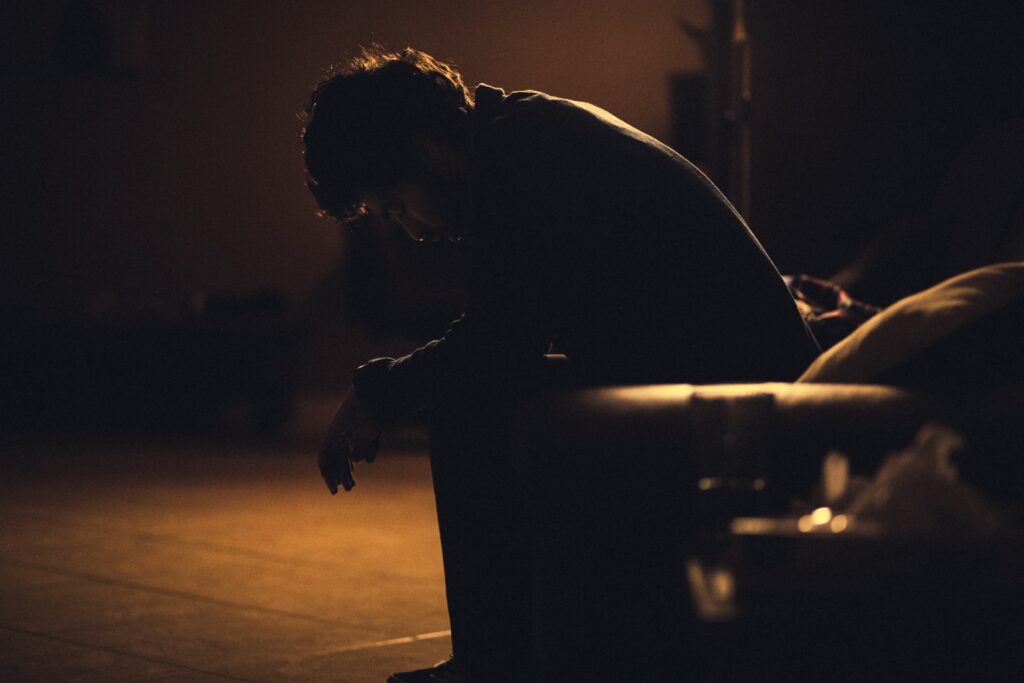
If you decide to undergo a heroin withdrawal you will experience various physical symptoms.
It is important to note that withdrawal can usually last anywhere from 6 hours to a week, depending on the last time you used heroin and how severe your addiction was.
You should always seek medical attention for a heroin detox, so that you can have 24/7 support.
The physical symptoms of heroin withdrawal include:
- Stomach-ache/abdominal cramps
- Muscle spasms
- Runny nose
- Shaking
- Sweating
- Diarrhoea
- Fever
- Vomiting
- Nausea
Psychological Symptoms
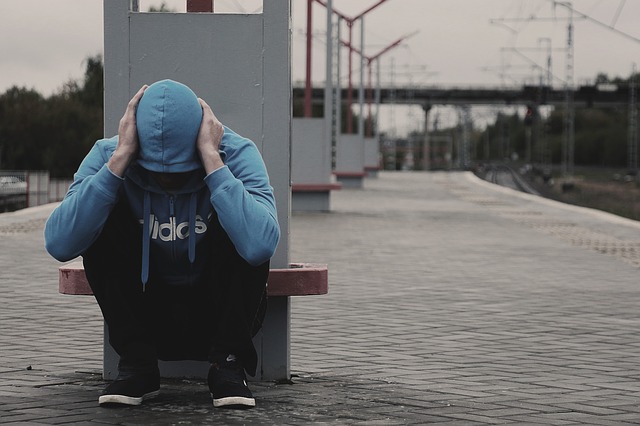
There are also psychological symptoms of heroin withdrawal that you should be aware of.
The psychological symptoms can be either very intense or mild depending on how often you use heroin and how long you have been taking it for.
This includes:
- Insomnia
- Depression
- Anxiety
- Intense cravings
- Restlessness
- Inability to concentrate
- Food aversion
- Short-term memory issues
Due to the above, it is important to make sure that you have access to psychological support during withdrawal.
Are There More Severe Withdrawal Effects?
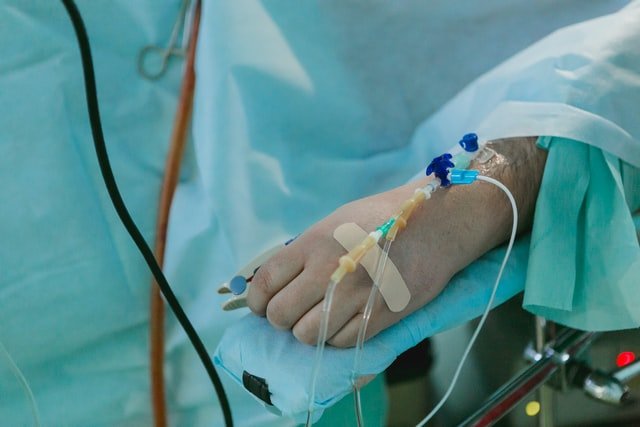
If you have previously mixed heroin with other substances and have multiple addiction problems, then withdrawal can be fatal.
An example of this is alcohol –an alcohol and heroin overdose could easily kill you as the withdrawal effects of the two combined can be fatal.
Other severe withdrawal effects may include:
- Joint/muscle aches
- Consistent vomiting
- Trouble breathing
- High blood pressure
- Consistent diarrhoea
Whilst heroin use alone isn’t fatal, it’s important to get immediate medical attention should you experience the above symptoms.
This is because it can lead to a longer and more painful recovery period.
In addition to the above, the most severe side effect tends to be the intense cravings.
These cravings often feel uncontrollable, and the intense desire can often lead to someone continuing heroin use.
Post-Acute Withdrawal Syndrome

There are many opioid withdrawal symptoms and it’s essential to know each of the effects that heroin use may have if you attempt to recover from an addiction.
Whilst it can be treated, the severity of withdrawal symptoms can make recovery more difficult and it’s likely that some people may struggle with the a detoxification period.
There are other side effects to a heroin opioid addiction as well, this is because some people can develop separate issues as a result of withdrawal.
Post-acute withdrawal syndrome (also known as PAWs) is a rare withdrawal effect that some people can develop.
Oftentimes, someone will develop this withdrawal syndrome as a result of repeated heroin use over a long period of time.
Months or years after the abstinence of heroin, someone may feel the effects of withdrawal again.
The symptoms are usually not as severe after the initial withdrawal period, but it may include cravings, anxiety and sometimes insomnia.
The Withdrawal Timeline Broken Down

The timeline of a heroin detoxification is broken into various sections and can last up to a week.
Day 1
The first day of your withdrawal will be the most difficult.
This is because the opioid withdrawal symptoms usually begin once the substance has left your system.
Heroin is a very fast-moving substance, which means that it travels in and out of your body fairly quickly.
Due to the above, you should start feeling various withdrawal symptoms within 5 – 6 hours.
The symptoms within the first day include shaking, diarrhoea and nausea.
You may also start to struggle with your mental health during this first day.
As a result of the above, if you are in a treatment centre, you may be prescribed medication to deal with these symptoms and have emotional support from therapists.
Day 2 – 5
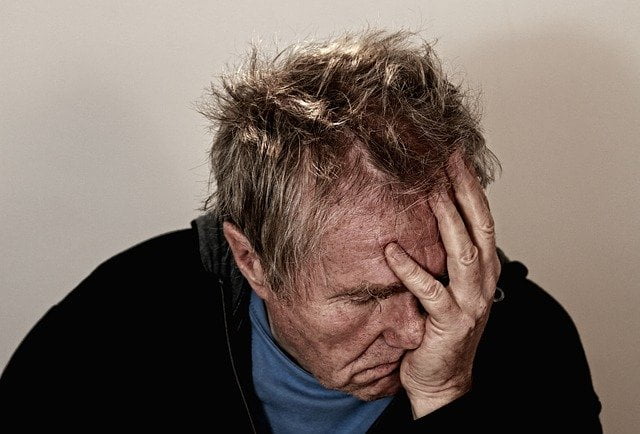
Over the next few days, your body will start to adjust to not having the heroin within its system.
As such, you will experience more severe withdrawal symptoms as you become accustomed to no longer having the substance.
The symptoms may include:
- Depressive episodes
- Anxiety
- Insomnia
- Sweating
- Shaking
- Vomiting
- Nausea
- Diarrhoea
This is usually the worst part of the withdrawal period as the symptoms tend to be quite intense.
During this time, it’s important to have 24/7 medical and emotional support to ensure that the detoxification process and the withdrawal go smoothly.
Day 6 – 8

This is the remainder of the withdrawal period, and after this has finished the worst of the symptoms would have ended.
Usually, patients would move to treatment once seven or eight days have passed, when all the physical symptoms would have ended.
It should be noted that during this time, people may feel fatigued and may still experience depression, anxiety and insomnia.
However, if you were at a rehab-recovery facility, their experts would help you through this period.
Can Withdrawal Symptoms Last Longer?

Some people may experience withdrawal symptoms for longer than the initial seven to eight days, especially if they develop PAWs.
It should also be noted that some people may experience withdrawal symptoms for shorter periods as well.
This is because it varies from person to person how long and how intense the withdrawal will be.
Some people may have symptoms of withdrawal for months after they have gone through the initial withdrawal period.
This is usually because of long-term heroin usage; and the body and brain need time to adapt to not using this substance.
The symptoms of this are usually:
- Depression
- Anxiety
- Insomnia
- Tiredness
However, the cravings will be far less intense than in the initial first few days.
What Is The Difference Between Inpatient And Outpatient Detoxification?

There are two types of treatment: inpatient and outpatient.
Inpatient is where you are treated for addiction at a clinic or facility, whilst outpatient means that you go through it at home.
Inpatient Treatment

Inpatient treatments usually work a great deal better than outpatient treatments.
As heroin use is extremely addictive as well, using an inpatient clinic has more benefits.
This is because you can have instant access to therapy, medical advice and support networks.
Should you go through detoxification within an inpatient clinic, it will most likely be a part of the below process:
In addition to medical support, therapists and being around people who understand the journey that you’re on, inpatient treatment also boasts a comprehensive aftercare program.
This means that for a year after you’ve finished addiction treatment you will have 24/7 access to support and attend follow-up sessions.
Outpatient Treatment

Whilst it is possible to attend outpatient treatment and undergo detoxification for heroin, it’s recommended that you stay in an inpatient facility.
Outpatient treatment works the same process:
- Intervention
- Assessment
- Detoxification
- Treatment
Whilst it is possible to go through detoxification from the comfort of your own home, you will need a thorough assessment and ensure that someone can watch over you.
This is so that if you experience any of the more severe symptoms of withdrawal than you can immediately seek help from a medical facility or staff.
Ideally, you may wish to simply attend an inpatient facility purely for the detoxification period.
Can I Still Recover From Addiction With Outpatient Treatment?

We recommend inpatient treatment and detoxification, as we believe it is safer and there is a higher chance of success.
However, choosing inpatient detoxification and treatment might not be right for you.
If it is determined during your assessment that you would be better suited to undergo detoxification at home, that is what you would be advised.
In addition to the above, assessors will also look into your personal situation and go from a case-by-case basis rather than a one shoe fits all scenario.
What Kind Of Medication Would I Take In Detoxification?
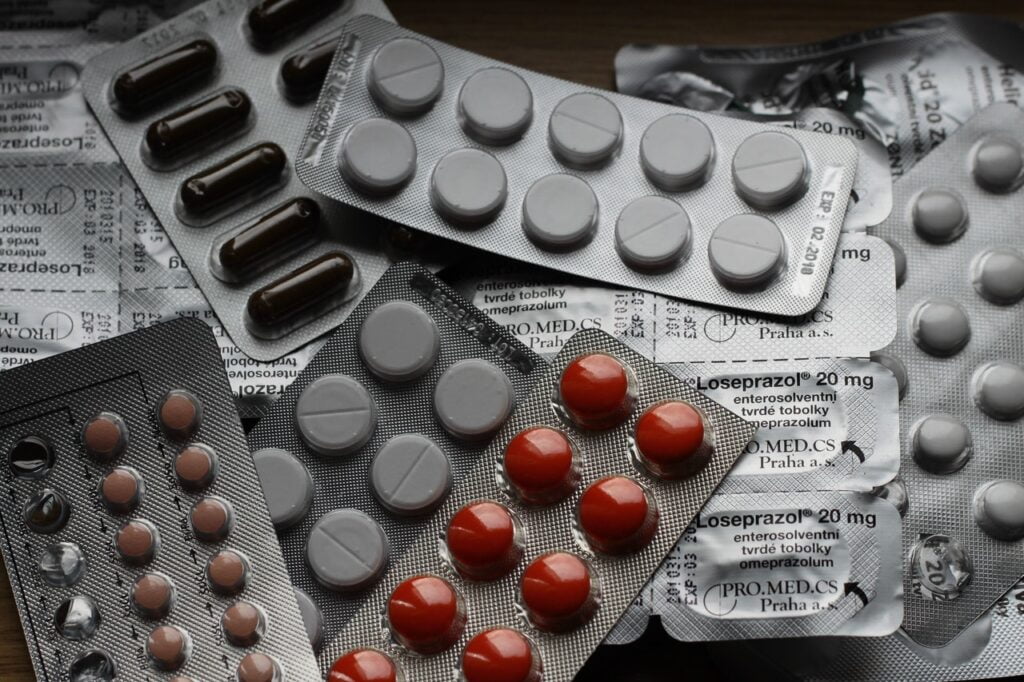
If a medical professional has decided that the best option for you is to take medication to help with withdrawal, there are a number of different medications they may prescribe.
Methadone
Whilst methadone is an opiate, it does not have the immediate effects on the body that heroin does.
If it is thought that your withdrawal will be severe, as a result of using a large amount of heroin for a long time, then you will likely use this.
Methadone ensures that any withdrawal symptoms you may get are less severe.
In addition to the above, as methadone is an opiate just like heroin, it means that it will curb some of the intense cravings you can experience.
Naltrexone
Naltrexone is another medication that may be looked into if you are going to have heroin detoxification.
However, this is a little different from methadone as you will not receive it during treatment, but after.
Naltrexone can stop cravings, so it will assist with that side of withdrawal.
If you have not been using heroin for very long but have intense cravings, you may be prescribed this.
Alternatively, when you’ve finished your addiction treatment it may be part of your aftercare package.
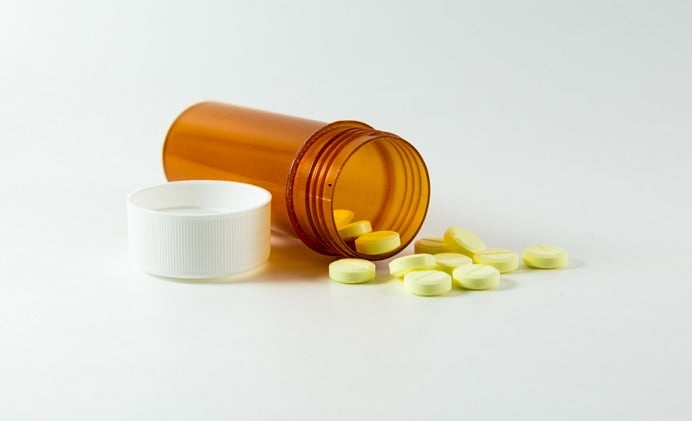
New Zealand Valium/Diazepam New Zealand Valium/Diazepam
Buprenorphine
This medication is much like methadone, in that it treats some of the withdrawal symptoms.
It is also an opioid medication, so it can directly limit cravings.
It may also stop other symptoms and can help the withdrawal process be much smoother.
This one may be prescribed when there is a severe addiction, but it may still be used even if you have not had the addiction for very long.
The medical professionals that are attending to your treatment will evaluate whether this is best or something else is.
Can I Get Help For Heroin Addiction And another Addiction Problem?

If you are struggling with heroin addiction and have a problem with another substance, we can help with that.
The facilities we reccomend do not just treat heroin addictions, but they also treat other substance use disorders.
If you’re struggling with multiple addictions -or addiction and a mental health problem– get in touch today.
Where Can I Get Urgent Help?

Heroin withdrawal is one of the most intense things a person can go through.
Whilst at times it might feel impossible, there is always help available.
If you need urgent help, talk to our experts today and we can begin your recovery journey.


